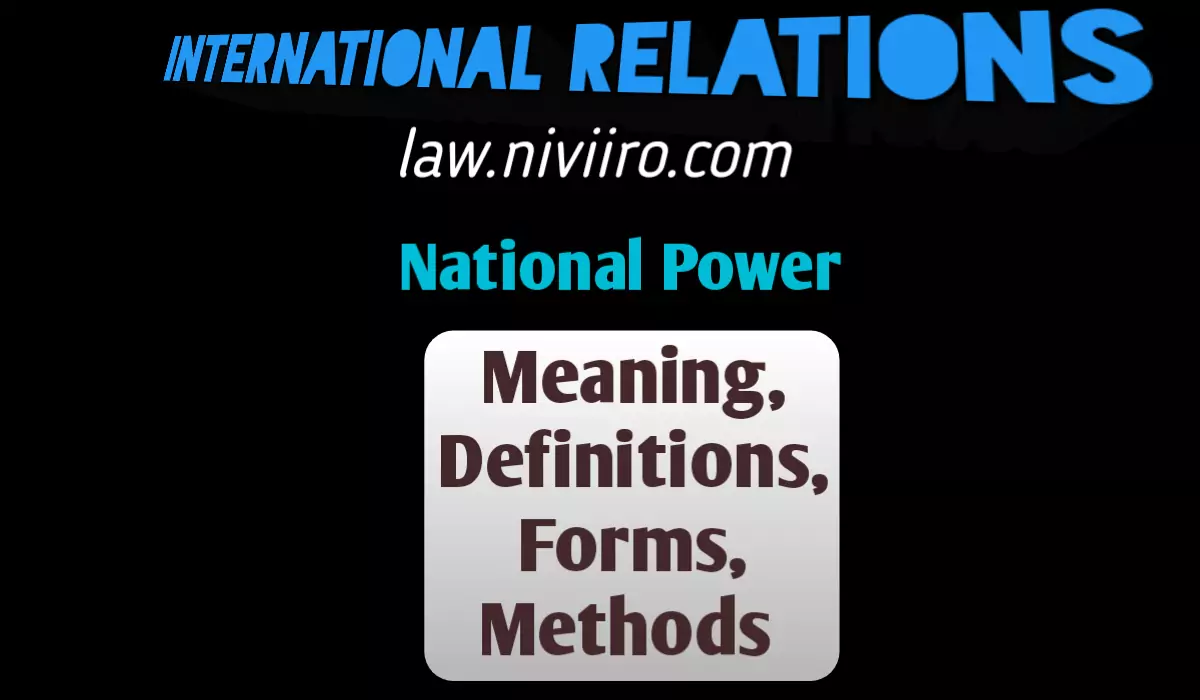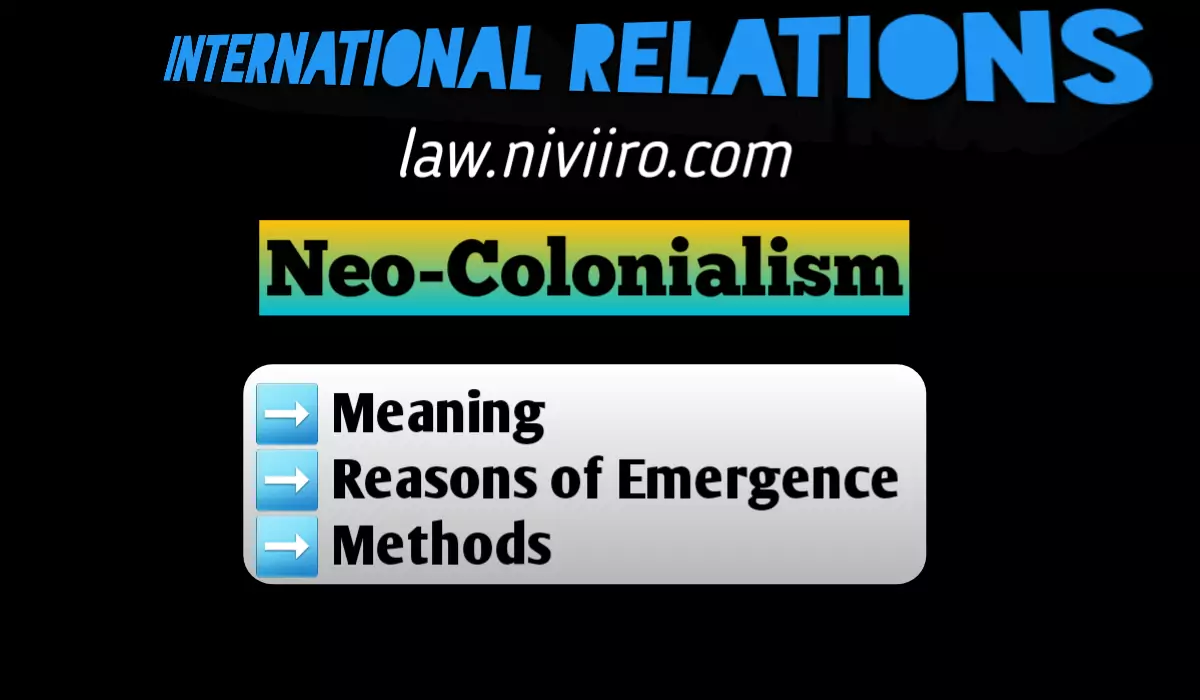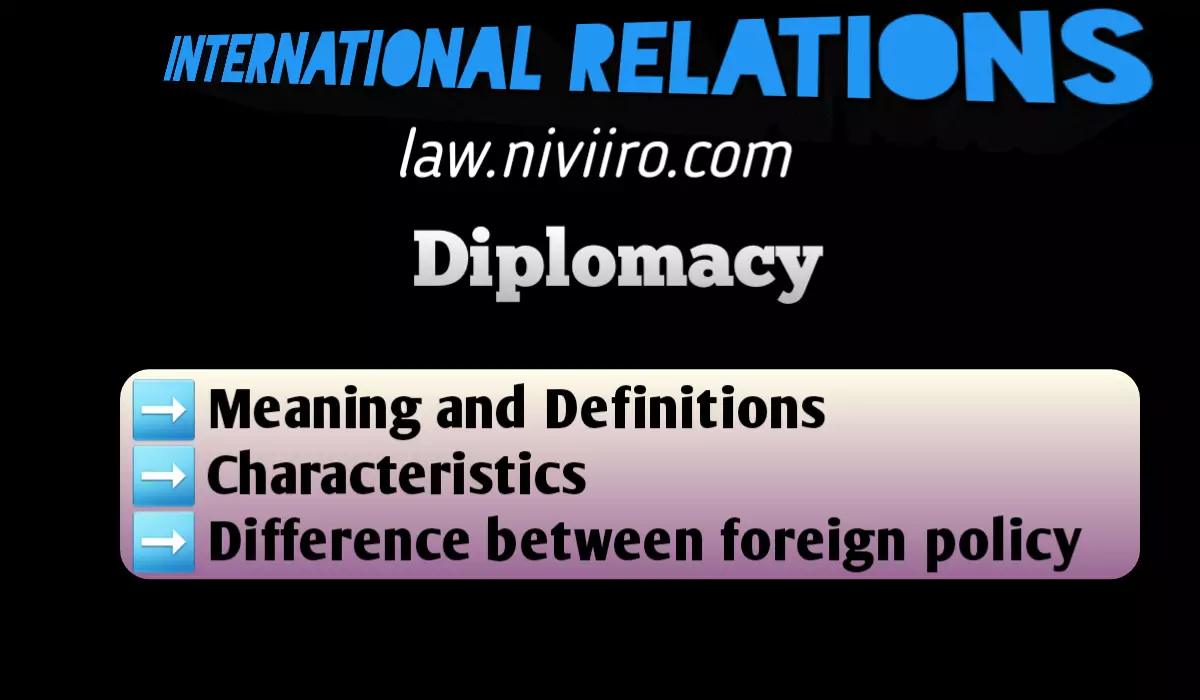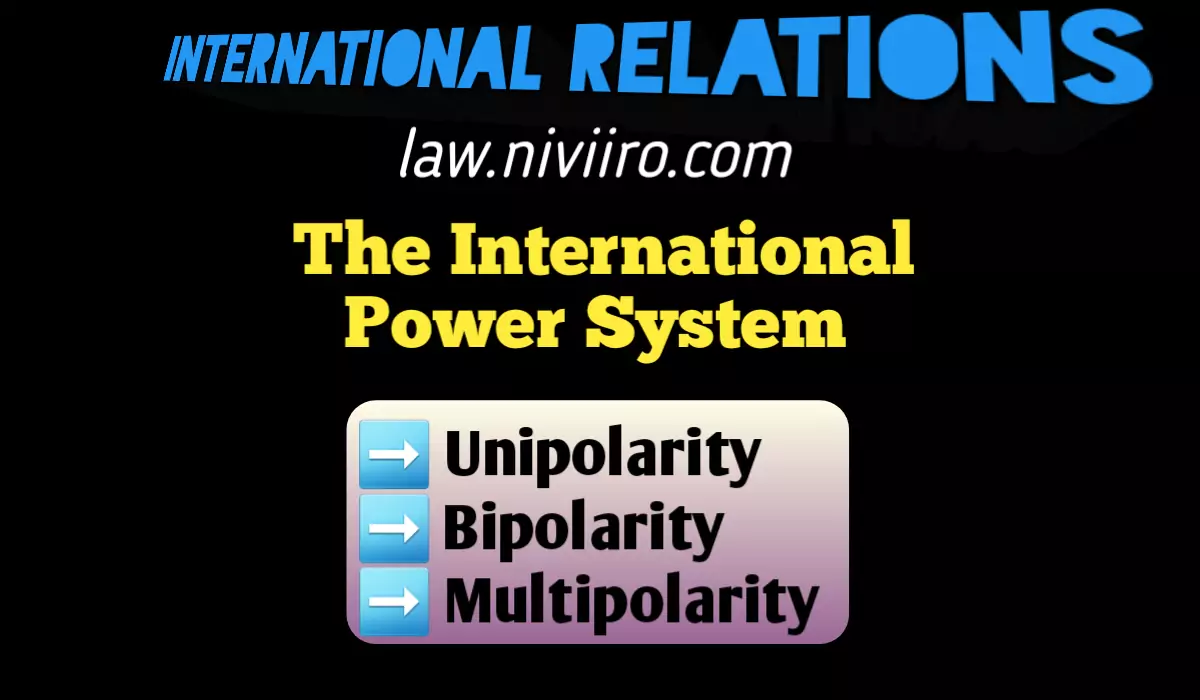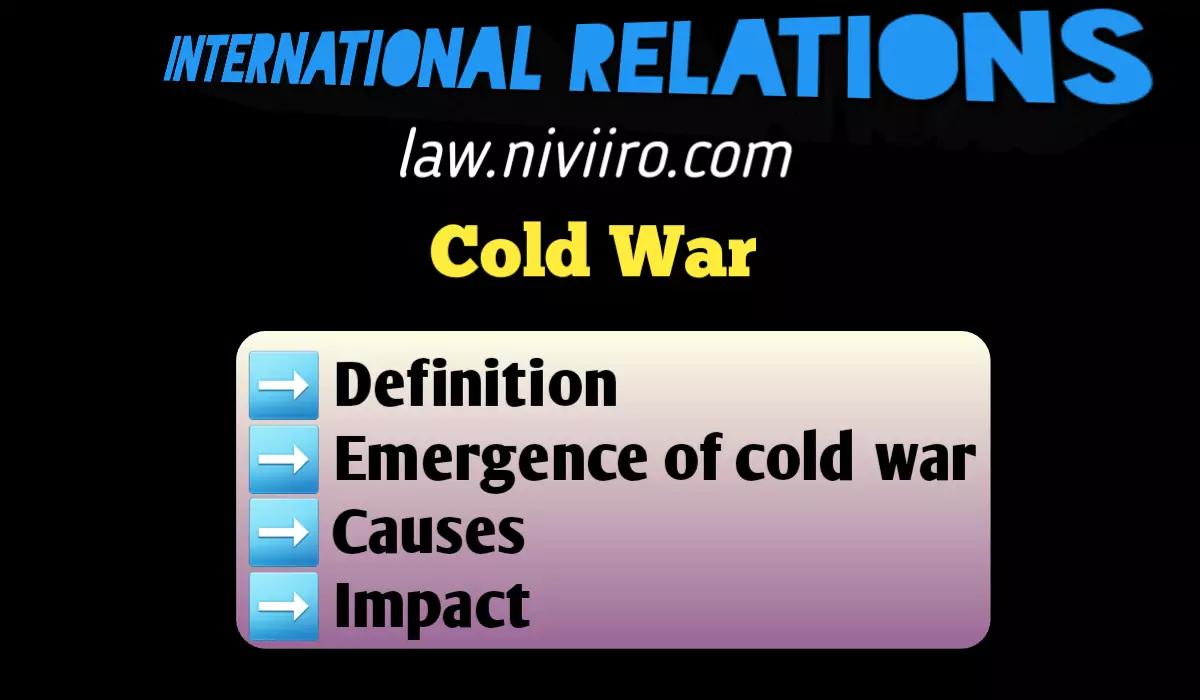National power is a term used in political science to refer to a state’s capacity to influence other states’ conduct, accomplish its goals, and uphold its security and prosperity in the international system. National power is regarded as a crucial factor in determining a state’s place in the international system, its capacity for diplomacy, and its capacity to carry out its foreign policy objectives.
What is Power ?
- In the words of Organski, “Power, then, is the ability to influence the behaviour of others in accordance with one’s own ends.”
- George Schwarzenberger defines it as, “The power is the capacity to impose one’s will on others by reliance on effective sanctions in case of non-compliance.”
- According to Herbert Goldhamer and Edward Shrills, “Power is the ability to influence the behaviour of others in accordance with one’s own ends.”
- R.H. Tawney define it so, “Power is the capacity of a individual or group in the manner which he desires.”
- According to Shwrzenberger, the power is the capacity to impose one’s will on others by Reliance on effective sanctions in the case of non-compliance.
- According to Charles, power is the ability to make a man to do what one wants and not to do what one doesn’t wants.
Meaning and Definition National Power
Meaning – In simple words, it can be said that National Power is the ability or capability of a nation to secure the goals and objectives of its national interests in relation with other nations. It involves the capacity to use force or threat of use of force or influence over others for securing the goals of national interest. In this way, we can define National Power as “the ability to control the behaviour of other states in accordance with one’s own will.” National Power is the currency of international relations.
Definition of National power
- “National Power is that combination of power and capability of a state which the state uses for fulfilling its national interests and goals.” —Padelford and Lincoln
- “National Power denotes the ability of a nation to fulfill national goals. It tells us as to how much powerful or weak a particular nation is in securing its national goals.” —Hartman
Forms of National Power
Power cannot be visualised and be explained. It may assume different shapes. It can be divided into various forms, They are:
(1) Economic Power
Without a solid industrial and agricultural economic base, the state cannot endure. Economic strength is the main factor determining the size of the state. It assists not only in constructing and sustaining enormous military installation but also in controlling markets, raw-materials credit and transportation. It is employed to put pressure on other nations.
(2) Military Powers
The government must be able to launch and win wars in order to safeguard the country. Since a nation’s security depends on its ability to wield power, military power is a common form of national power.
(3) Power over diplomacy
According to Palmer and Perkins, diplomacy gives the state power, and some weak and impoverished countries may achieve respect in the international community through diplomacy.
(4) Power over Opinion
Propaganda gives the state the power to influence public opinion and win the support of the entire population. False information is also spread to undermine the enemy’s morale and turn other nations against it. It is employed to boost domestic morale and foster a sense of solidarity and sacrifice among all Americans.
Methods of Exercise of National Power
There are four methods called persuasion, rewards, punishment and force to exercise national power by a state on another state.
(1) Force
When the other party does something that it is instructed not to do, the method of force is applied. The threat manifests as force when the deed is really done. War is the most extreme application of force. Force is a final resort for influencing other countries. When other tactics, such as persuasion, reward, and punishment fail to exert control over others, using force is only employed as a last resort.
(2) Persuasion
By using arguments or by completely redefining the circumstance, one country can convince another country to change its mind about what it should do. This is known as the persuasion approach. This approach is a helpful procedure. Because they lack the ability to employ force, small countries typically utilise this tactic to attempt and persuade powerful states because it works well and maintains good ties between the two states.
(3) Punishment
Hurting someone constitutes the manner of punishment. It could take the form of sanctions that prevent the party from receiving its benefits. It expands the ties between the two countries. The technique is employed to stop the state from acting, and when the other party ceases acting, the punishment ends with the lifting of penalties. Punishment is meant to stop a state from acting or going in a certain direction.
(4) Reward
With this method, one state can persuade another state to comply with its wishes by providing it with a variety of benefits. Freedom or defending another country’s position in international negotiations, among other things, are examples of political benefits. Most frequently, the benefits come in the form of tangible goods like territory military support, equipment, personnel, and training facilities. The benefits could also be monetary in the form of loans, gifts, or food supplies. As a result, the rewards could be psychological, material, economic, or political.
Limitations of Nation’s Power
The international relations among the states are often accompanied by the mechanics of power. But, the nation’s power is not absolute. They are limited by a number of factors:
1. Balance of Power
This idea severely limits a state’s ability to exercise power. On the international arena, the power is inevitably constrained by the presence of other powers.
2. International Law
A set of regulations that are binding on nation states is what international law is. As a result, it restricts national power.
3. International Morality
A set of standards regarded as important by the global community also serves as a restriction on authority. Even though they are neither codified, nor binding, they enjoy immense sacredness. International relations still place a high priority on certain principles, such as peace, equality, and respect for one another.
4. International Organizations
Agency like U.N. remains a check on growing preponderance of power. Through its activities it checks and balances power of nations in the international relations.
5. World Public Opinion
Similar to how the anti-Vietnam war demonstrations and peace movements showed what individuals can achieve in international affairs, this component has gained significance recently. overnments are no longer able to ignore what the people thinks.
6. Collective Security
A theory that emphasises that all states share the same goal of maintaining international peace and security has a constrained desire for power. Despite the effectiveness of these restrictions, power struggles persist even in a highly linked world.
The pursuit of leverage in various spheres of global life never stops. Furthermore, it has become so sophisticated that power struggles are now a common occurrence among major powers.
Related Post
What is Power ?
In the words of Organski, “Power, then, is the ability to influence the behaviour of others in accordance with one’s own ends.”
Meaning of National Power ?
In simple words, it can be said that National Power is the ability or capability of a nation to secure the goals and objectives of its national interests in relation with other nations.
Define National Power ?
“National Power is that combination of power and capability of a state which the state uses for fulfilling its national interests and goals.” —Padelford and Lincoln
What are the Forms of National Power ?
there are four forms of National Power –
(1) Economic Power,
(2) Military Powers,
(3) Power over diplomacy,
(4) Power over Opinion.
Mention the Methods of Exercise of National Power ?
(1) Force,
(2) Persuasion,
(3) Punishment,
(4) Reward.
Reference Books
- J.C. Johari – International Politics
- International Relations in the 21st Century by Pant
- H.J. Morgantheau – Politics among Nations
- Raymond Aron – Peace and war a theory of International Relations
- Prem Arora – International Relations and foreign policy
- An Introduction to International Relations by John Baylis, Steve Smith and Patricia Owens.













